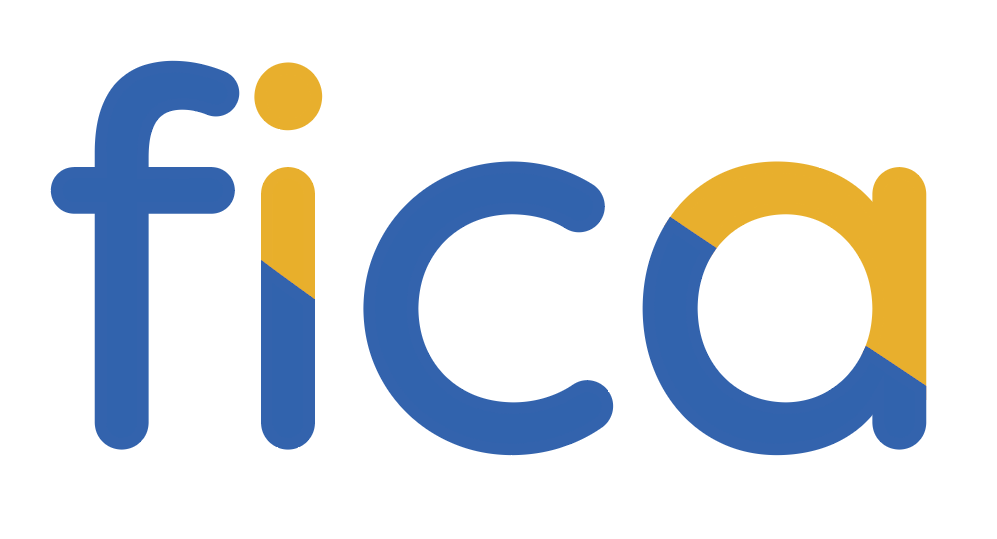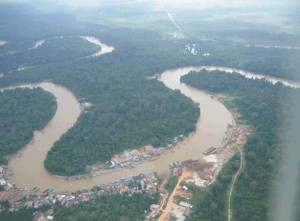From the previous writing, we discussed some of our finding when we visited the Western Kalimantan province. Toward the end of our 2010 discovery trip, we realized that the capability and character of the leader is extremely critical to transform Indonesia, especially in the rural area outside Java. Unfortunately, these leaders were harder to be elected because of the lacking of financial resources and network. The bureaucrats as well as the political elite expect rewards mostly in the form of access to government funds. This easy access to government will be unavailable when the leader has an exemplary character and has no other intention beside to serve the people and not self. Thus, these great leaders will be left alone lacking in money and friends in the corrupt Indonesia’s political arena.
The opportunity arises with the passing of law no 22 in 2007 by the People Consultative Assembly (MPR). Beginning in 2007, the mayor, governor, president, and member of legislative body from city to national levels were elected directly by the people. The direct election allows the people to select their leader and not the political party. When the people are given the choice, they tend to elect a leader with integrity follow by the capability. Before 2007, the political party selected and then ranked their candidates. The candidates were elected based on the rank and the amount of votes gathered by the political party.
In 2007, the direct voting resulted in the election of Christiandy Sanjaya and Hasan Karman. Along with Basuki Tjahja Purnama (Ahok), both Christiandy and Hasan were exemplary leaders. They had two commonalities among them: character and competence. All these three leaders despise KKN, humble, hardworking, and selfless. Ahok added one more character that is distinct in him, which is transparency. Ahok likes to open all his daily routines and finances so that people could judge whether he has corrupted people’s time and money. Because of the rampant corruption, the leader with strong track record in defeating KKN would appeal more to the voters.
In terms of competence, God has given these three leaders enough understanding and skills to lead their area. All leaders had a vision for their area and had an experience in leading medium size company. All of them were successful businessmen and lawyer.
The behavior of the people in electing their leaders seems to mimic the biblical choice. Hebrews 13:7 says that we need to consider their competence to do the job and character to stay uncorrupted. On top of these 2 requirements, especially for leaders in areas with very limited resources, the leader has to have enormous drive and vision only to be realized with God’s help. We realized this during our conversation with the Mayor of Singkawang, Dr. Hasan Karman. He said that his budget was so small just enough to pay the salary of government employees. However, Singkawang needs to be developed very urgently. The water in the best hotel in town was yellow because it was mixed with mud. The electricity was turn on and off several times a day. There is no airport although Singkawang was the second largest city in the province. The development of infrastructure was very urgent because the second largest source of its income came from tourism (government budget was the largest source). Beside the infrastructure, the education and social services needed to be improved. On top of this problem, there was a lot of elite in the central government wanted to create social unrest using religion.
The bible tells us that there is nothing can instill the selfless drive in a leader beside our Lord Jesus Christ. Because of His sacrifice in the cross, we could be selfless when we were called to be a leader. Jesus showed us that a leader has to be selfless and willing to sacrifice everything for his people. Because of His Holy Spirit living in us, we could have the drive to remove mountains. The Holy Spirit in us will continuously strengthen and energize us. We believe without the Christian based leadership, it is almost impossible to lead these areas with limited resources such as Singkawang or Pontianak.

